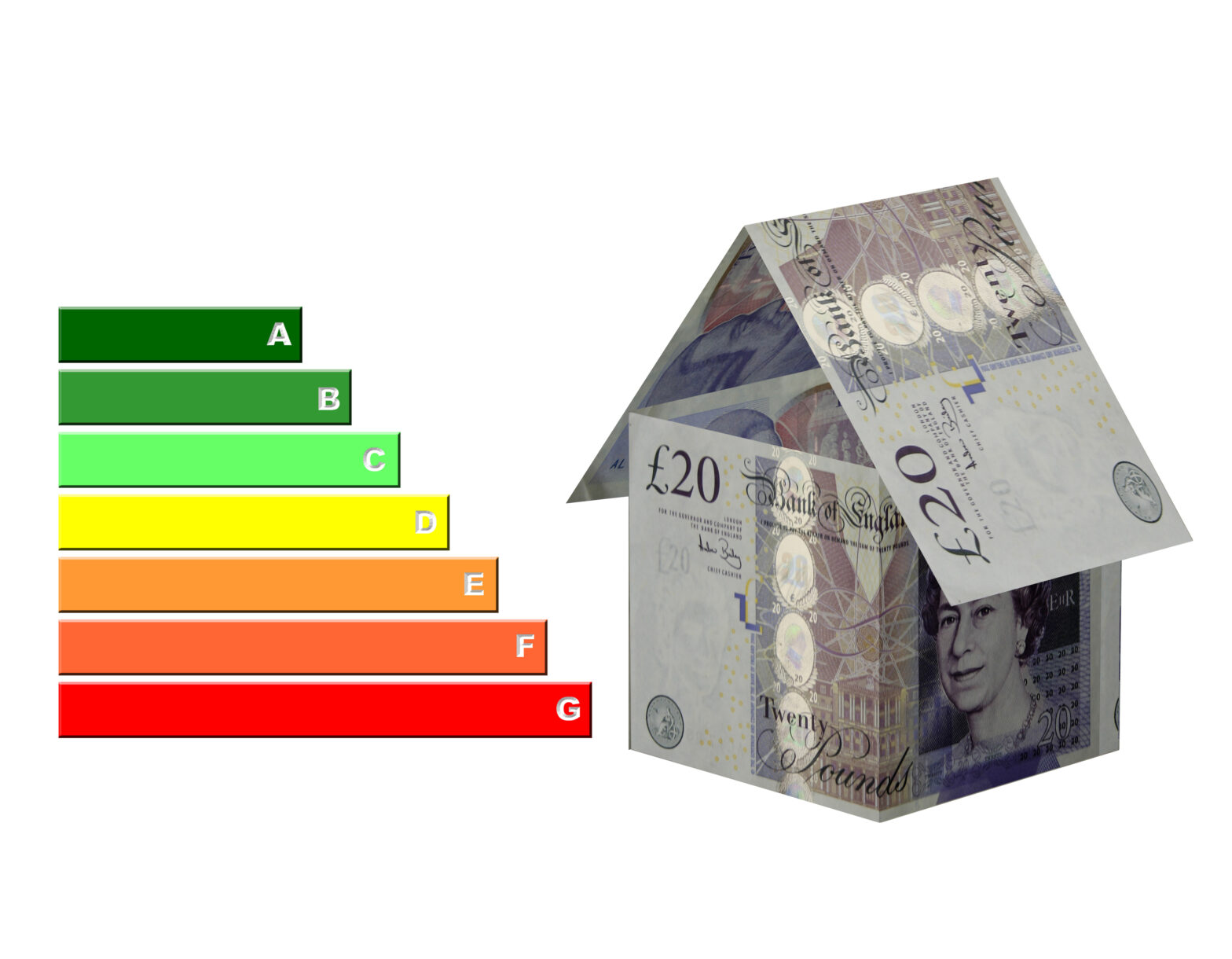The survey of more than 2,100 businesses, published by the British Chambers of Commerce (BCC) and British Gas, shows that only a small percentage of businesses believe more information (8 per cent) or financing options for measures such as insulation, LED lighting and solar panels (4 per cent) will help them to manage and reduce their energy costs.
Rather, 36 per cent of those surveyed believe that the most important thing the government could do for business is provide grants towards the cost of installing energy efficiency measures, while 19 per cent suggest the most effective intervention would-be tax breaks.
Those in rented properties (27 per cent) say a major barrier to action is feeling they have no influence over energy efficiency improvements on their site.
The results also reveal that work is needed to promote the use of smart meters for businesses: only 6 per cent of respondents suggest this should be the highest priority for government and suppliers.
Mike Spicer, director of research and economics at the BCC says, ‘These results demonstrate that getting the economics of investment right for energy efficiency is crucial to promoting take-up.
‘At a time when businesses face growing upfront cost pressures from other sources, grants and tax breaks have an important role to play in offsetting the cost of new energy efficiency measures. On its own, more information won’t do the job.’
Gab Barbaro, managing director of British Gas Business adds, ‘It’s clear that businesses in rented and leased premises need more help from their commercial landlords, and new regulations to tackle the least energy-efficient premises can’t come soon enough.
‘I’d urge all businesses to seek help from their supplier or landlord, and start with the basics. For example, by applying for a smart meter, businesses could much more accurately work out what’s driving their energy use and make considered decisions about how to reduce it.’
Respondents say no one issue prevents them from investing in energy efficiency measures. The most frequently cited barriers are the marginal level of savings they might achieve (15 per cent), other investments taking priority (13 per cent) and a lack of available funds (13 per cent).
In addition, while more than 70 per cent say they spend less than a tenth of their operating budget on energy, only 13 per cent of businesses have seen their energy costs fall over the last three years.
Some 36 per cent say they have seen their costs rise; 37 per cent report little or no change, and 13 per cent say they didn’t know.





